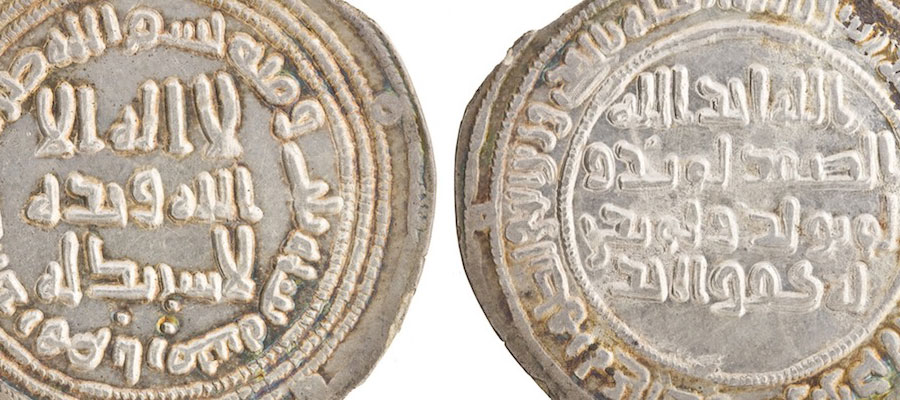Around 788, the Armenian priest Łewond wrote a history of the Islamic conquest and rule of Armenia for his noble Bagratuni patron. It is the only contemporary eighth-century history of caliphal Armenia to have survived and therefore constitutes an important source for Umayyad and early ʿAbbāsid Armenia, predating any of the extant major Arabic collections known as futūḥ that relate stories of the conquests. While not a translation of an Arabic futūḥ text, Łewond shows familiarity with Arabic modes of historiographical writing and Arabic sources. This workshop will present Łewond’s History as a caliphal history from a local perspective and read specific passages from the text alongside the Arabic historiographical tradition to foreground how Łewond contours the narrative to serve his own rhetorical purposes. It will also address part of Łewond’s text that purports to preserve the correspondence between the Byzantine emperor Leo the Isaurian and the Umayyad caliph ʿUmar b. ʿAbd al-ʿAzīz. This correspondence places Łewond into broader conversations between Muslims and Christians in Arabic, Aljamiado, and Latin
Seating is limited. Registration is required. A short group of pre-assigned readings will be circulated at least one week prior to the workshop. Participants are expected to complete the readings before the workshop.
This workshop is part of the Studying East of Byzantium V workshop series. EAST OF BYZANTIUM is a partnership between the Arthur H. Dadian and Ara Oztemel Chair of Armenian Art at Tufts University and the Mary Jaharis Center that explores the cultures of the eastern frontier of the Byzantine empire in the late antique and medieval periods.
